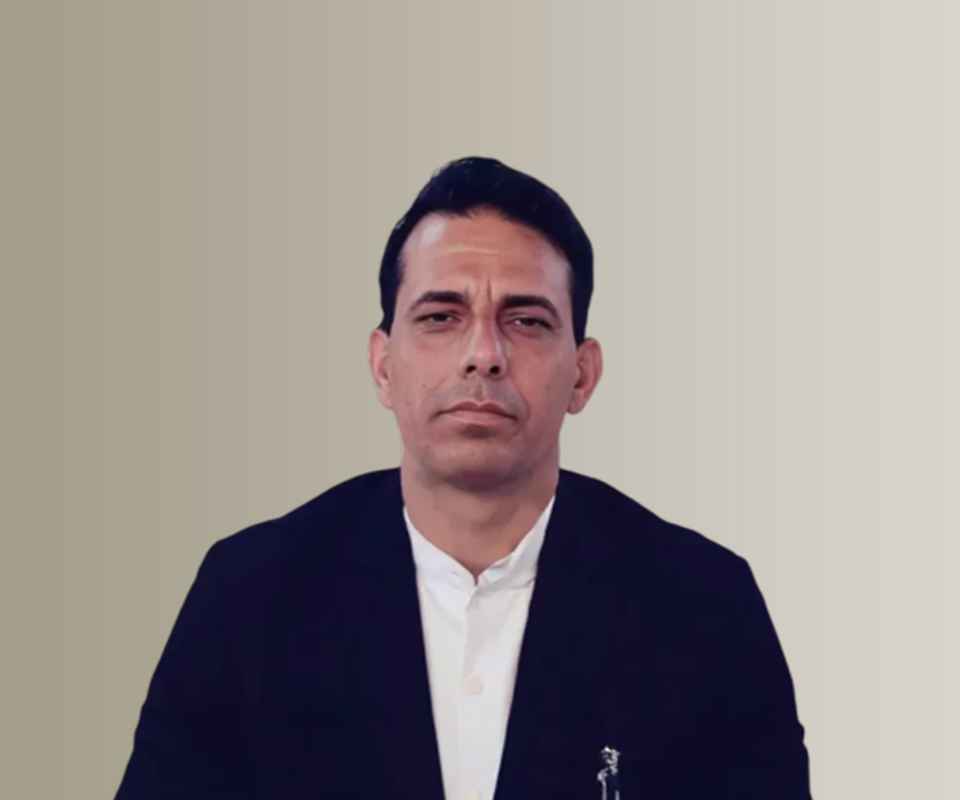Answer By law4u team
Same-sex couples are entitled to the same legal protections as heterosexual couples when it comes to domestic violence. Laws have evolved over time to ensure that domestic violence victims, regardless of their sexual orientation or gender identity, are provided with safety, support, and legal recourse.
Legal Protections for Same-Sex Couples:
Anti-Discrimination Laws: In many countries, anti-discrimination laws prohibit violence or harassment based on sexual orientation and gender identity. These laws ensure that same-sex couples are treated equally in the eyes of the law, including when seeking protection from domestic violence.
Domestic Violence Protection Orders: Same-sex couples can obtain protection orders, such as restraining or protection orders, to keep their abuser away from them. These orders offer legal safety, prohibiting contact from the abuser, and are available regardless of the couple's sexual orientation.
Equal Access to Support Services: Same-sex couples are entitled to the same domestic violence support services as other victims. This includes shelters, counseling, and legal assistance. Many jurisdictions have specific programs to support LGBTQ+ individuals facing abuse.
Legal Recourse for Abuse: Victims in same-sex relationships have the right to press charges against their abuser, file for divorce or dissolution (if married or partnered), and seek financial compensation for their injuries, lost income, or emotional distress.
Recognition of Same-Sex Relationships: Many countries now legally recognize same-sex relationships, providing the same legal rights as heterosexual partnerships. This means that in cases of domestic violence, same-sex couples can access the same protections, including the ability to seek damages and emergency assistance.
Culturally Sensitive Services: Several organizations specifically cater to the needs of LGBTQ+ victims of domestic violence, providing sensitive services and advocacy, as these individuals may face additional challenges such as stigma or a lack of trust in the system.
Example:
If a same-sex couple experiences domestic violence, they can:
- Apply for a protection order against the abuser, which may include restrictions on contact, movement, or property.
- Access shelters and support services that cater to the LGBTQ+ community, ensuring they feel safe and understood.
- Report the abuse to law enforcement, who must treat the case with the same seriousness as any other domestic violence case, ensuring that the victim is protected under the law.
For instance, if a man in a same-sex relationship faces physical abuse from his partner, he can contact the police to file a report, seek a restraining order, and access support from LGBTQ+ domestic violence shelters. The legal system is obligated to ensure that he receives the same protections and rights as any other victim of domestic violence.







